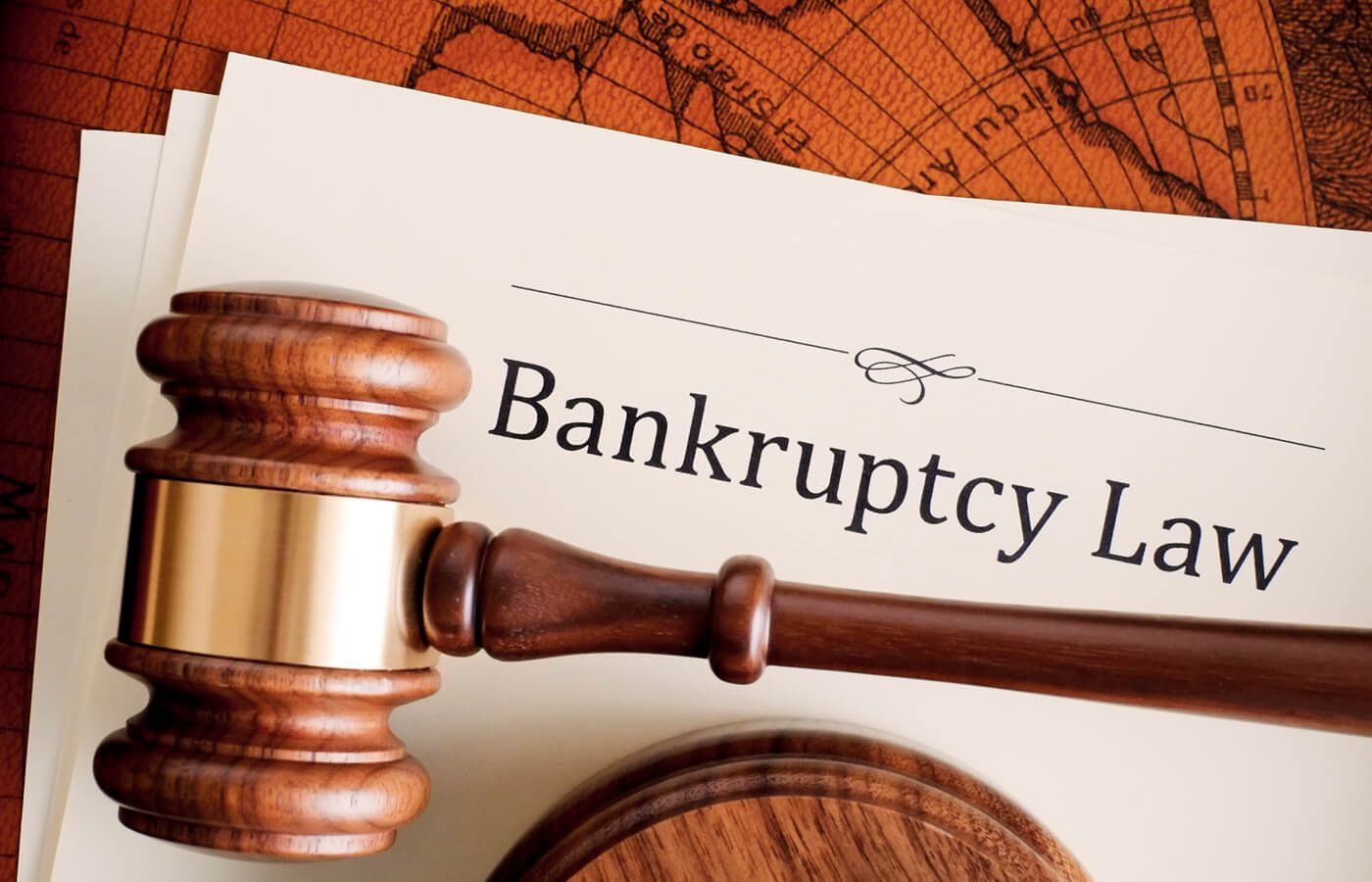Navigating Bankruptcy Proceedings: Practical Tips for Success


Navigating Bankruptcy Proceedings: Practical Tips for Success
Bankruptcy can be a challenging process, but with the right guidance and strategies, individuals and businesses can navigate it successfully. In this article, we’ll explore practical tips to help you manage bankruptcy proceedings effectively and emerge on a path to financial recovery.
Understanding Your Options
Before diving into bankruptcy proceedings, it’s crucial to understand the available options. Consult with financial advisors and explore alternatives such as debt restructuring or negotiations with creditors. Being well-informed about your choices will empower you to make the best decision for your unique financial situation.
Seek Professional Advice
Bankruptcy law is complex, and seeking professional advice is paramount. Consult with an experienced bankruptcy attorney who can provide guidance tailored to your specific circumstances. They can help you understand the legal implications, navigate paperwork, and ensure that you meet all the necessary requirements.
Assess Your Finances Thoroughly
A comprehensive assessment of your financial situation is the foundation of a successful bankruptcy proceeding. Compile a detailed list of your assets, debts, income, and expenses. This information will not only aid in the bankruptcy process but also help you create a realistic plan for the future.
Determine the Type of Bankruptcy
There are different types of bankruptcy, each with its own set of rules and implications. Chapter 7 and Chapter 13 bankruptcies are common for individuals, while Chapter 11 is often used by businesses. Understanding the differences and determining which type aligns with your goals is crucial for a smooth process.
Create a Realistic Budget
Developing a realistic budget is essential during bankruptcy proceedings. Outline your essential expenses and prioritize them accordingly. This budget will not only help you manage your finances during the process but will also demonstrate to the court your commitment to financial responsibility.
Communicate Effectively with Creditors
Open and honest communication with creditors is key. Inform them of your intent to file for bankruptcy and, if possible, try to negotiate more favorable terms before proceedings begin. Clear communication can sometimes lead to agreements that are mutually beneficial and prevent further legal complications.
Attend Credit Counseling
Credit counseling is often a requirement before filing for bankruptcy. Attend sessions from approved credit counseling agencies to gain insights into managing your finances and exploring alternatives to bankruptcy. This step is designed to ensure that individuals are making informed decisions about their financial future.
Complete Required Paperwork Promptly
Bankruptcy involves extensive paperwork, and completing it accurately and promptly is crucial. Be meticulous in providing all required documentation to avoid delays and potential complications in the proceedings. Thorough and organized paperwork is a sign of commitment to the process.
Attend Court Hearings and Meetings
Active participation in court hearings and meetings is essential. Be punctual, dress appropriately, and be prepared to answer questions from the court and creditors. Your willingness to engage in the process positively impacts the court’s perception of your commitment to resolving financial issues.
Learn from the Experience
Bankruptcy proceedings, while challenging, offer an opportunity for financial learning and growth. Use this experience to gain insights into effective financial management, budgeting, and avoiding similar pitfalls in the future. Learning from the process can contribute to a more secure financial future.
Now that we’ve explored practical tips for navigating bankruptcy proceedings, it’s important to actively implement these strategies and seek professional assistance. For additional insights and resources on bankruptcy proceedings, check out this link for valuable information.
Conclusion
Navigating bankruptcy proceedings requires careful planning, professional guidance, and a commitment to financial recovery. By understanding your options, seeking advice, and actively participating in the process, you can successfully navigate bankruptcy and work towards a more stable financial future.






